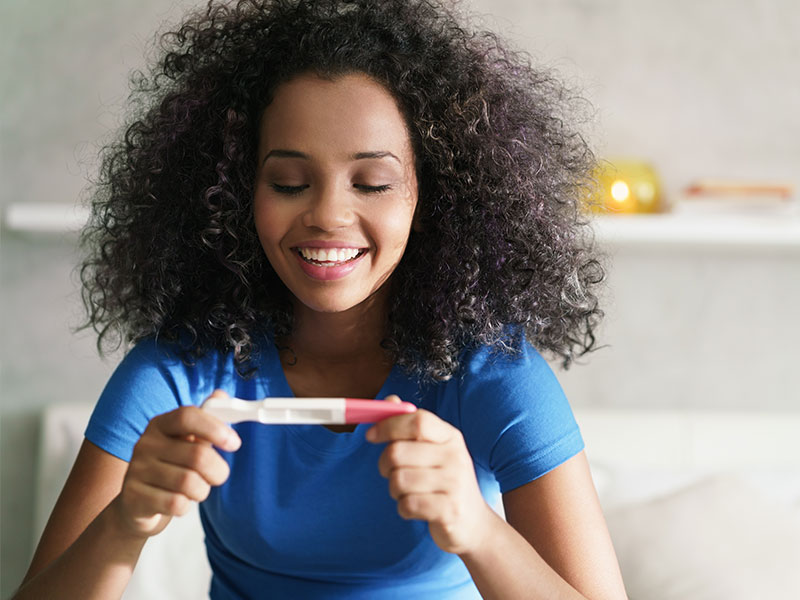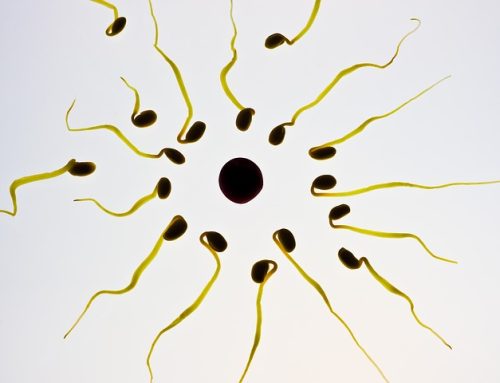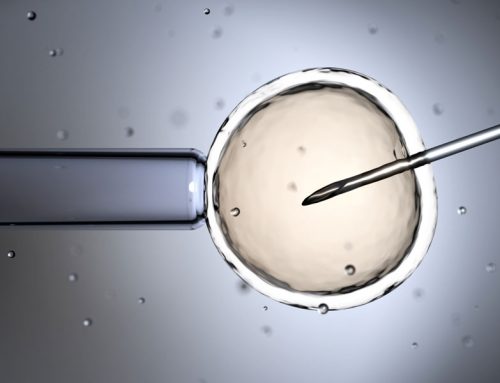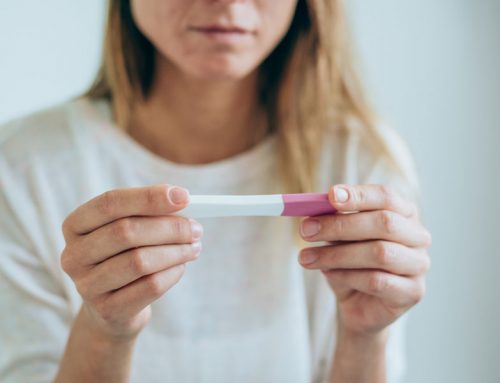
Three meta-analyses show beneficial effects of CoQ10 supplementation on semen quality, semen quantity, and semen mobility. Here, a meta-analysis of studies of CoQ10 supplementation of women with infertility shows a significant effect on clinical pregnancy rates.
A meta-analysis of five randomized controlled clinical studies (n=449 infertile women) has shown that CoQ10 supplementation increases clinical pregnancy rates compared with placebo treatment or no treatment. The CoQ10 supplementation significantly increases clinical pregnancy rates both overall and in infertility subgroups such as the poor ovarian response subgroup (n=286) and the polycystic ovarian syndrome subgroup (n=163) [Florou 2020].
All study participants were women of reproductive age (mean age 33 years) diagnosed with either poor ovarian response or polycystic ovary syndrome. All were attending an assisted reproductive technology clinic [Florou 2020].
The aggregated data from the five clinical studies did not, however, show a statistically significant effect on live birth rates and miscarriage rates compared with placebo treatment or no treatment in women with infertility.
Research into Coenzyme Q10’s impact on female infertility is still at an early stage. Based on the results of the meta-analysis, Florou et al concluded that CoQ10 supplementation is a non-pharmaceutical, inexpensive, and safe therapy to enhance infertility treatment in women of reproductive age undergoing any form of assisted reproductive technology [Florou 2020].
Effect of CoQ10 Supplementation on Embryo Development
Compared with placebo treatment or no treatment, the CoQ10 supplementation in women with poor ovarian response significantly increased the following embryological parameters:
- median number of day 3 high-quality embryos
- median number of embryos per embryo transfer
- proportion of cryopreserved embryos and frozen-thawed embryo transfers
Effect of CoQ10 Supplementation on Cycle Stimulation Parameters
In women with poor ovarian response, the CoQ10 supplementation had the following significant effects:
- decreased median total dose of gonadotropin needed for ovarian stimulation
- increased peak serum estradiol concentrations
- lower basal concentrations of day-3 follicle-stimulating hormone
In women with polycystic ovary syndrome, the CoQ10 supplementation had the following significant effects:
- higher mean serum estradiol and progesterone concentrations
- higher mean endometrium size
Coenzyme Q10 and Infertility in Females
Animal studies indicate that CoQ10 supplementation may result in an increase of oocyte quantity and quality [Florou 2020].
CoQ10 supplementation may increase IVF success rates by inhibiting DNA oxidation and oocyte apoptosis [Zhang 2019].
CoQ10 supplementation may protect the ovarian reserve against the adverse effects of aging [Florou 2020].
CoQ10 supplementation is well-tolerated; none of the five studies included in the Florou meta-analysis reported any local or systemic adverse effects related to the use of Coenzyme Q10 [Florou 2020].
CoQ10 supplements vary considerably in their absorption, bioavailability, and efficacy. It is important to buy a supplement with documented absorption and health effects.
Sources
Florou P, Anagnostis P, Theocharis P, Chourdakis M, Goulis DG. Does coenzyme Q10 supplementation improve fertility outcomes in women undergoing assisted reproductive technology procedures? A systematic review and meta-analysis of randomized-controlled trials. J Assist Reprod Genet. 2020;10.1007/s10815-020-01906-3.
Zhang M, ShiYang X, Zhang Y, et al. Coenzyme Q10 ameliorates the quality of postovulatory aged oocytes by suppressing DNA damage and apoptosis. Free Radic Biol Med. 2019;143:84-94.
The information presented in this review article is not intended as medical advice and should not be construed as such.
15 September 2020









Leave A Comment